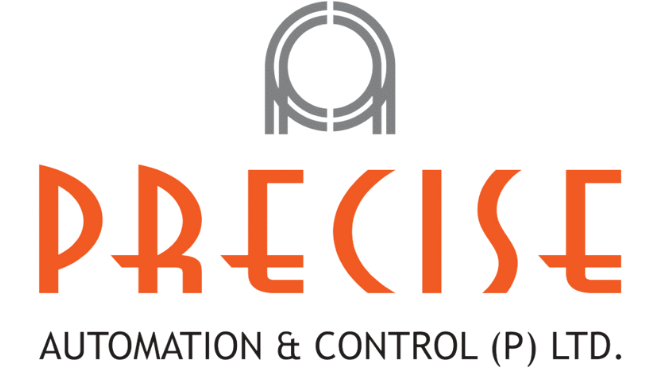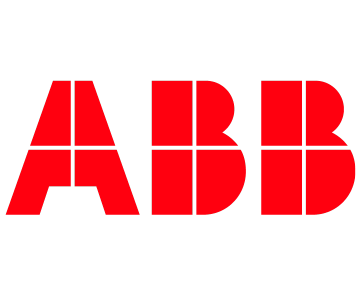Overview of Industrial Automation
Introduction:
Since the period of industrial revolution in British United Kingdom, there had always been a significant amount of effort into developing complex techniques to help people with different tasks of production.
An industrial production process consists of series of machines, through which a combination of raw materials goes through and transform into the final product. Here, the term “machine” can be anything like a motor, drill, conveyor belt, etc. which come under electromechanical devices or chemical machines like ovens, dryers, chemical combustion systems etc.
Today, Industrial Automation has taken over the production process in industries and it is very difficult to imagine a production line without automation systems. There are several factors that lead to the implementation of automation system in industrial production like requirement of high-quality products, high expectations in product reliability, high-volume production etc.
What is Industrial Automation?
Industrial Automation is a process of operating machines and other industrial equipment with the help of digital logical programming and reducing human intervention in decision making and manual command process with the help of mechanized equipment.
The above definition is definitely not a simple one to understand but let us try to understand what an industrial automation is with the help of a small example.
Motivation for Industrial Automation :
The term Automation was coined by an Engineer from Ford Motor Company, who were pioneers in industrial automation and manufacturing assembly line. In the beginning, the industrial production process is based on the eyes, hands and brain of a worker, in contrast to modern day sensors, actuators and computers.
Originally, the implementation of automation in a production process is focused on replacing a human worker with an independent machine. Initially, these independent machines had to be coordinated by a human supervisor for a smooth production process.
But with technological developments in analogue & digital control systems, microprocessors and PLCs (Programmable Logic Controllers) and various sensors, it has become very easy to synchronize several independent machines and processes and achieve true industrial automation.
With the rise in industrial economy, the business strategies for industrial automation have also changed over time. Now-a-days, the fundamental motivations for implementing industrial automation are:
- Increase production
- Reducing cost, especially, human-related cost
- Improving the quality of the product
- Efficient use of raw materials
- Reduce energy consumption
- Increase business profits
There are a few secondary motivations for using automation in industrial production process like providing a safe environment for the operator, reducing the environmental pollution, etc.
PRECISE AUTOMATION AND CONTROL PVT LTD BOASTS A WIDE ARRAY OF INDUSTRIAL AUTOMATION SOLUTIONS WITH ASSOCIATION INDUSTRIAL AUTOMATION MARKET LEADER ABB SINCE 1999.
FOR QUOTATION…
https://www.preciseautomation.in/get-a-quote/
FOR CONTACT…
https://www.preciseautomation.in/contact/
STAY TUNED FOR OUR NEXT BLOG| Understanding Industrial Automation With An Example


Leave a Reply